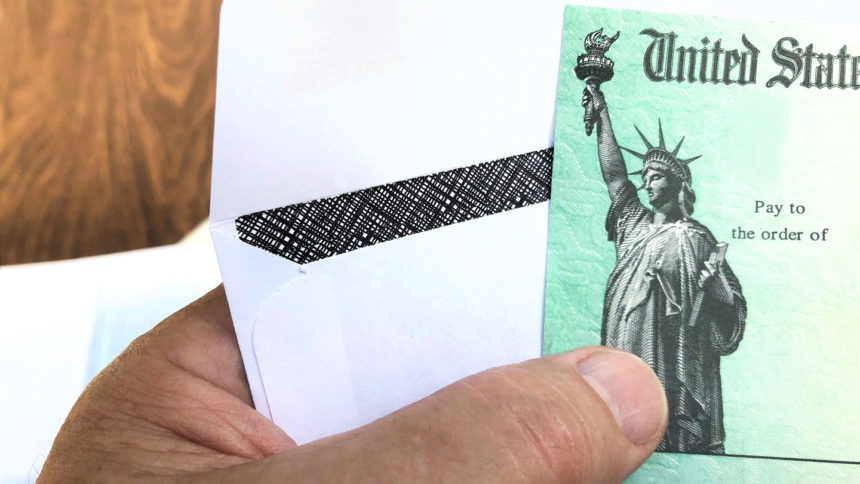
Senior living and care companies that wish to take advantage of the Internal Revenue Services’ new late-filing penalty relief have until Sept. 30 to submit their tax returns.
The IRS announced the penalty relief last week with the release of Notice 22-36. The respite is aimed at taxpayers who were delayed in filing certain 2019 and 2020 returns due to pandemic-related obstacles. In “most” cases, the agency will automatically remove its failure-to-file penalties for these returns, it reported.
The relief also applies to those who have already paid penalties on 2019 and 2020 returns. In those cases, if the account is fully paid, overpayments will be used to offset other liabilities and the balance refunded, according to the agency’s Taxpayer Advocate Service.
Those who have already filed need not take action and automatically will receive refunds.
Businesses with fiscal years beginning 2019 and 2020 are eligible for the relief on certain late-filed returns if they make the Sept. 30 filing deadline. Penalties will be removed or not assessed on the following: most Form 1040 and 1120 series returns, and Forms 1041, 1065, 1066, 990-T and 990-PF. Certain international information returns are covered as well, with the exception of any IIR penalties subsequently determined during an IRS examination.
The penalty respite applies to the IRS’s “failure to file” penalty, typically assessed at 5% per month and up to 25% of the unpaid tax for late-filed federal income tax returns. The agency said it expects to send $1.2 billion in refunds or credits to nearly 1.6 million taxpayers.
The IRS’s decision to essentially forgive late filers is aimed not only at unburdening businesses and other taxpayers after two years of economic stress, but will allow the IRS to dig out from under a massive pandemic backlog of tax returns and taxpayer correspondence.
Senior living and care operators may need to exercise a bit of patience while awaiting their refunds. The IRS likely will begin sending notices within the next three months, and those who are eligible for refunds on already paid penalties will receive a check in the mail, the Taxpayer Advocate Service reported.

